ACR+ News
Devenir membre en quelques étapes
Pour devenir membre d'ACR+ il vous suffit simplement de suivre ces quelques étapes :
- Remplissez le formulaire d'adhésion en ligne ou demandez au Secrétariat (Cette adresse e-mail est protégée contre les robots spammeurs. Vous devez activer le JavaScript pour la visualiser.) une version Word. Veuillez noter que les Membres invités doivent remplir un autre formulaire.
- Après réception du formulaire d'adhésion, nous vous enverrons une facture.
- Après paiement de la facture, vous recevrez votre dossier "nouveau membre".
- Profitez de votre adhésion!
Catégories d'adhésion
- Membres effectifs : autorités publiques locales, régionales ou nationales chargées de la gestion durable des ressources. Les membres effectifs participent à l'Assemblée Générale en ayant le droit de vote.
- Membres partenaires : toute organisation qui n'est pas une autorité locale, régionale ou nationale. Cela comprend : ONG, instituts académiques ou organismes scientifiques, cabinets de conseil, fédérations professionnelles, autorités ou agences nationales, entreprises privées et réseaux d'autorités locales. Les membres partenaires participent aux activités d'ACR+ de la même manière que les membres effectifs et soutiennent les objectifs du réseau en payant une cotisation, mais ils n'ont aucun droit de vote à l'Assemblée Générale.
- Membres invités : autorités publiques venant d'une sélection de pays du Sud-Est de la Méditerranée1 et invitées à rejoindre ACR+ pour une période limitée de 3 ans en bénéficiant de tous les services aux membres de manière pro-bono. Les membres invités n'ont pas de droit de vote à l'Assemblée Générale. Les autorités publiques intéressées sont invitées à remplir le formulaire en ligne ou contacter le Secrétariat d'ACR+ Secretariat afin de devenir un membre invité.
1 Pays de la Politique européenne de voisinage de l’UE (Algérie, Égypte, Israël, Jordanie, Liban, Libye, Maroc, Palestine*, Syrie et Tunisie, et à l’Est : Arménie, Azerbaïdjan, Belarus, Géorgie, Moldavie et Ukraine) et pays de la politique d’élargissement de l’UE (Albanie, Ancienne République de Yougoslavie, République de Macédoine, Monténégro, Serbie, Turquie, Bosnie Herzégovine, Kosovo**) - Supportive members : les membres ACR+ souhaitant prendre une part active dans le développement d'ACR+ et voulant promouvoir les services et bénéfices offerts par le réseau peuvent devenir "Supportive members" et contribuer à hauteur de 10 000 € (adhésion annuelle incluse). Pour plus d'informations, merci de contacter Cette adresse e-mail est protégée contre les robots spammeurs. Vous devez activer le JavaScript pour la visualiser.
Tarif des cotisations (2023)
- Moins que 50 000 d’habitants : 690 €
- Entre 50 000 et 100 000 d’habitants : 1380 €
- Entre 100 000 et 500 000 d’habitants : 2070 €
- Entre 500 000 et 2 M ° d'habitants : 2770 €
- Plus de 2 M ° d'habitants : 3460 €
- Autorité ou agence nationale : 4150 €
- Réseaux de collectivités locales de moins de 2 M° d'habitants : 3460 €
- Réseaux de collectivités locales de plus de 2 M° d'habitants : 6930 €
- ONG : 275 €
- Institut académique ou corps scientifique : 275 €
- Compagnies d'utilité sociale : 275 €
- Compagnies de consultance - Micro*** : 1380 €
- Compagnies de consultance - Petites*** : 3460 €
- Compagnies de consultance - Moyennes*** : 6600 €
- Fédération professionnelle : 4150 €
- Société privée : 6930 €
*Cette désignation n'implique aucune reconnaissance de la Palestine en tant qu'État et est sans préjudice des positions relatives à la reconnaissance de la Palestine en tant qu'État.
**Cette désignation est sans préjudice des positions sur le statut et est conforme à la résolution 1244 (1999) du Conseil de sécurité des Nations unies ainsi qu’à l’avis de la CIJ sur la déclaration d’indépendance du Kosovo.
***Suivant la typologie des PMEs développées par l'Union Européenne
| Company category | Staff headcount | Turnover | or | Balance sheet total | |
| Medium-sized | < 250 | ≤ € 50 m | ≤ € 43 m | ||
| Small | < 50 | ≤ € 10 m | ≤ € 10 m | ||
| Micro | < 10 | ≤ € 2 m | ≤ € 2 m | ||
Depuis sa création, ACR+ coopère et soutien d'autres réseaux et plates-formes, afin d'unir leurs forces et d'atteindre l'efficacité des ressources.
Climate Chance coalition on circular economy
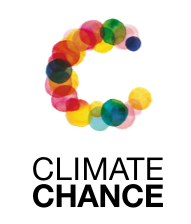
En coopération avec Le Conseil des Communes et Régions d'Europe (CCRE) et L’Institut de l'économie circulaire Orée, ACR + est un copilote de la coalition Climate Chance sur l'économie circulaire, une coalition internationale d'acteurs non étatiques sur l'économie circulaire. Elle vise à définir des priorités communes d'action en matière de collaboration et de gouvernance, de mise en œuvre et de suivi d'actions concrètes pour stimuler l'économie circulaire.
Une feuille de route pour les années à venir dans le domaine de l'économie circulaire a déjà été publiée. Elle identifie 4 principaux domaines prioritaires: la sensibilisation, l'échange de pratiques exemplaires et le renforcement des compétences, les recommandations politiques et la méthodologie et l'évaluation.
L'initiative Climate Chance a été lancée par un membre d'ACR+, Nantes Métropole, afin d'impliquer les acteurs non étatiques dans les négociations sur le climat et l'action internationale sur le changement climatique.
Covention des maires pour le climat et l'énergie
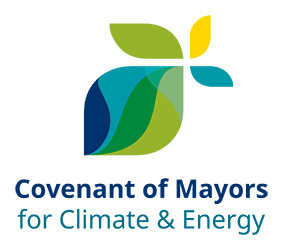
ACR+ est un Promoteur de la Convention des maires pour le climat et l'énergie depuis février 2016.
Ce mouvement européen rassemble des milliers d'autorités locales et régionales dans la lutte contre le changement climatique. Il est basé sur un engagement volontaire des signataires à mettre en œuvre les objectifs environnementaux et énergétiques de l'UE sur leurs territoires. Les nouveaux signataires s'engagent maintenant à réduire les émissions de CO2 d'au moins 40% d'ici 2030 et à adopter une approche intégrée pour lutter contre l'atténuation et l'adaptation au changement climatique.
Les signataires adoptent une vision commune pour 2050 : accélérer la décarbonisation de leurs territoires, renforcer leur capacité à s'adapter aux effets inévitables du changement climatique et permettre à leurs citoyens d'accéder à une énergie sûre, durable et abordable.
Close the Glass Loop
La durabilité occupe une place importante dans l'agenda public et l'emballage ne fait pas exception. En mai 2020, ACR + a rejoint Close the Glass Loop et ses autres membres fondateurs pour travailler ensemble afin de collecter 90% de tous les emballages en verre mis sur le marché de l'UE d'ici 2030. La plateforme rassemble les parties prenantes de la chaîne de valeur de la collecte et du recyclage du verre pour façonner un programme de gestion de ce matériau pour plus de recyclage bouteille à bouteille - reliant les entreprises, les marques, les détaillants, les municipalités, les systèmes REP et les associations, au niveau européen et national. Il est prévu d'augmenter la quantité et la qualité du verre recyclé disponible pour garantir que notre économie circulaire fonctionne mieux pour tous.
https://feve.org/about-glass/introducing-close-the-glass-loop/
European Circular Economy Stakeholder Platform

The European Circular Economy Stakeholder Platform (ESCESP) was launched jointly by the European Commission and the European Economic and Social Committee during the Circular Economy Stakeholder Conference that took place in Brussels on 9 - 10 March 2017. It brings together stakeholders active in the broad field of the circular economy in Europe. As a "network of networks" it goes beyond sectorial activities and highlights cross-sector opportunities and challenges, providing a meeting place for stakeholders to share their solutions and team up to address specific challenges, while bridging existing initiatives, and advocating the circular economy at national, regional and local level, and supporting its implementation.
In November 2017, the ECESP has chosen ACR+ and two of its members - OVAM and Institut de l’économie circulaire – to be part to its coordination group. Selected through an open call for expressions of interest, the coordination group will contribute in a crucial way to the activities of the ECESP for the next 3 years. The group, which brings together 24 members among circular economy stakeholders, will work to reach the ECESP goal to accelerate the transition from a linear ‘take, make and waste’ economic model to a circular economy in EU countries.
http://circulareconomy.europa.eu/platform/
International Solid Waste Association (ISWA)
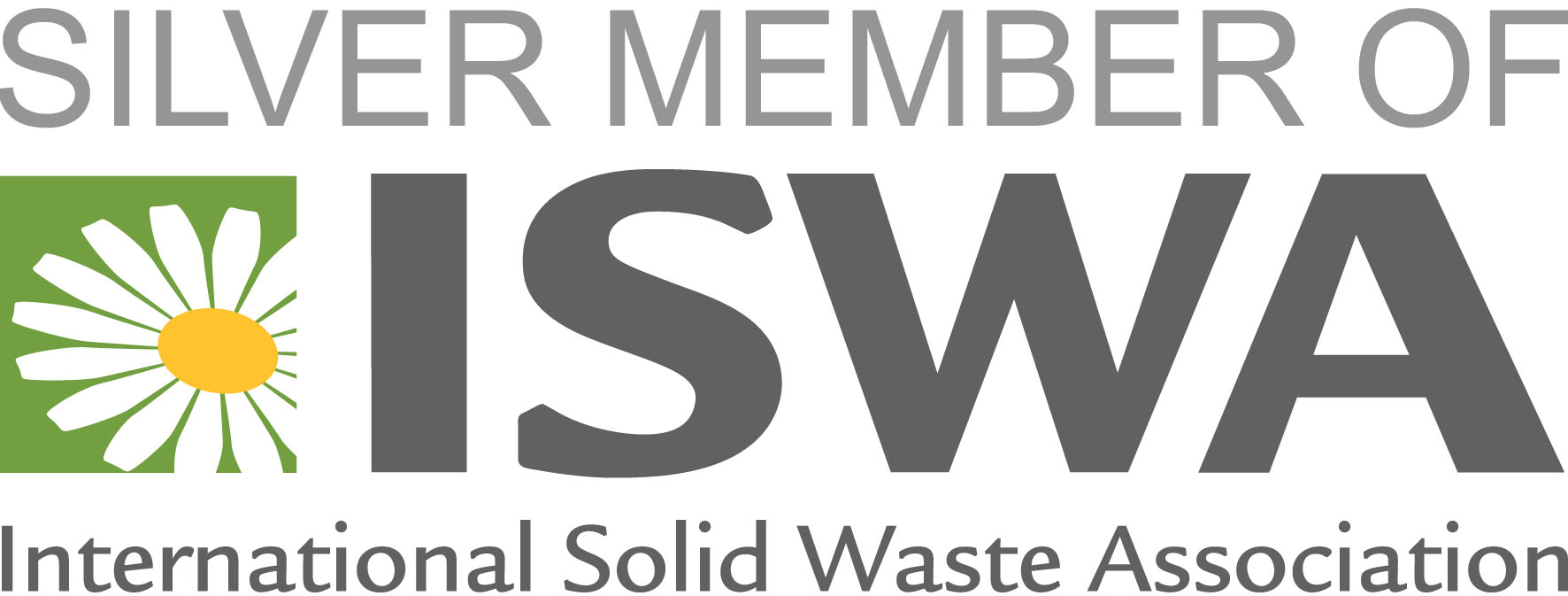
ACR + est un « membre argenté » de l'International Solid Waste Association (ISWA).
ISWA est une association mondiale, indépendante et à but non lucratif, qui travaille dans l'intérêt public et est la seule association mondiale à promouvoir une gestion durable, globale et professionnelle des déchets.
Medcités
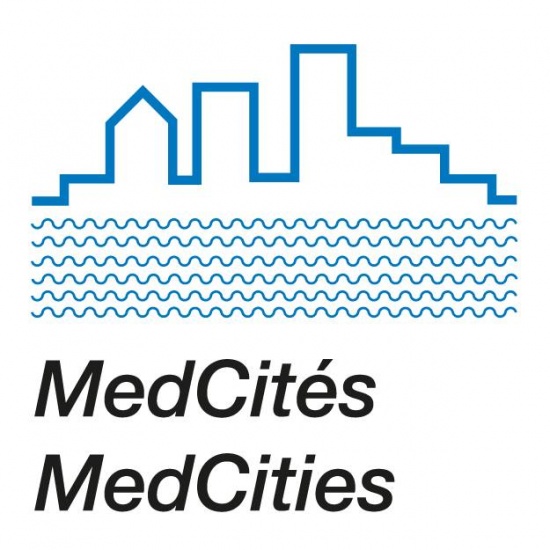
MedCités est un réseau de villes méditerranéennes créé à Barcelone en novembre 1991 à l'initiative du Programme méditerranéen d'assistance technique pour l'environnement (METAP).
La création de MedCités a été une conséquence de l'objectif de METAP consistant à renforcer les actions décentralisées impliquant l'assistance technique comme le meilleur moyen de sensibiliser aux problèmes environnementaux urbains et de faire de ces actions un moyen d'autonomiser les municipalités des pays en développement en matière de gestion des enjeux environnementaux urbains. MedCities continue d'offrir ce soutien. Depuis, MedCités a étendu ses activités de l'environnement au développement durable de manière plus large.
En tant que réseau de villes méditerranéennes appartenant à différents pays, MedCités envisage le développement urbain durable comme un moyen d'améliorer les conditions de vie dans la région méditerranéenne.
Urban Agenda Partnership on Circular Economy
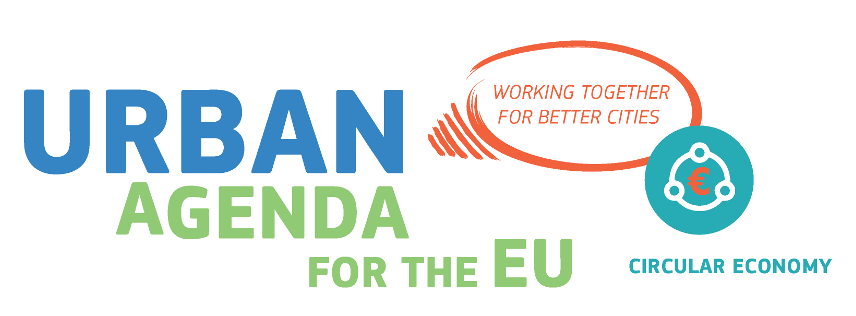
The Urban Agenda for the EU is a joint effort of the European Commission, Member states and European cities to strengthen the policies addressing urban areas. The process was launched in 2016 and currently 12 partnerships are ongoing, including the Urban Agenda Partnership on Circular Economy (UAPCE). It aims to stimulate the re-use, repair, refurbishment and recycling of existing materials and products to promote new growth and job opportunities. The focus will be on: waste management (turning waste into resources), the sharing economy, and resource efficiency.The UAPCE is coordinated by the city of Oslo and gathers in particular ACR+ and two of its members (OVAM and Maribor).
This initiative will allow ACR+ to further influence and promote actions that will benefit cities, including ACR+ members, as well as create synergies with the work done so far, in particular with the Circular Europe Network.
https://ec.europa.eu/futurium/en/circular-economy
 Événements
Événements
ACR+ organise des webinaires, des conférences et des séminaires en Europe sur des questions d'actualité liées à la gestion des ressources matérielles. Les membres du réseau ont accès gratuitement à ces événements.
 Réseau professionnel
Réseau professionnel
Les membres ont accès à un réseau international d'autorités régionales, locales, d'organisations et d'experts impliqués dans la gestion des déchets urbains en Europe.
 Échange d'informations et d'expériences
Échange d'informations et d'expériences
Les membres ont la possibilité d'échanger des informations et des expériences avec des chefs de file en matière de gestion de différents types de déchets (emballages, déchets organiques, déchets volumineux, équipements électriques, déchets dangereux, pneus et plus encore !).
 Rapports techniques
Rapports techniques
Les rapports ACR+ examinent en profondeur les différents aspects et problèmes relatifs à la gestion des déchets municipaux.
 Veille d'actualités
Veille d'actualités
Pour que ses membres restent au courant des dernières actualités dans le monde de la gestion des ressources matérielles, ACR + a développé :
- La Newsline : ce journal d'information hebdomadaire regroupe des actualités venant de différents pays et sur différents sujets ainsi que les dernières actualités des membres du réseau. Lire un exemple en ligne.
- L'EU Digest : publiée tous les deux mois, cette publication offre un aperçu complet des actualités des institutions européennes. Lire un extrait en ligne.
 Possibilités de visibilité
Possibilités de visibilité
ACR+ offre à ses membres la possibilité d'accroître leur visibilité et les aide dans la dissémination de leurs projets.
ACR+ est toujours ravi de faire la promotion des activités de ses membres!
Les dernières actualités des membres sont présentées dans la section Actualités de nos membres.
 Soutien aux projets
Soutien aux projets
ACR+ participe à plusieurs projets et études européens. Pour un aperçu de nos projets en cours, visitez la page Projects en cours page.
Les membres ont davantage de possibilités d'être impliqués dans des études et des projets internationaux sur la prévention des déchets, le recyclage ou la coopération Nord-Sud.
 Politiques européennes
Politiques européennes
Restez en contact avec les dernières évolutions des politiques européennes en matière de déchets et ressources en ayant la possibilité d'exprimer vos points de vue au cours des discussions et du processus décisionnel.
The SWIM and H2020 Support Mechanism projects – Depollution of the Mediterranean & more sustainable use of scarce water resources – consists of two components, one on sustainable water management (SWIM Supporting Mechanism) and one on sustainable waste management (H2020 Supporting Mechanism). ACR+ is involved in the latter. The concept of the SWIM-H2020 SM regional project is based upon a combination of awareness-raising, policy advice, technical advice and capacity building.
Project co-financed by EuropAid.
Highlights
The project held its final conference on 8 April 2019 in Brussels, presenting the project’s results, achievements, and lessons learned to reduce marine pollution and promote a sustainable use of scarce water resources in the Mediterranean region.
A booklet provides a snapshot of the project detailing its approach, strengths, opportunities and the challenges it met. It reviews the activities implemented at regional level including regional trainings, study tours and Peer-to-Peer focus groups, and closes on lessons learnt and recommendations.
More information: www.swim-h2020.eu






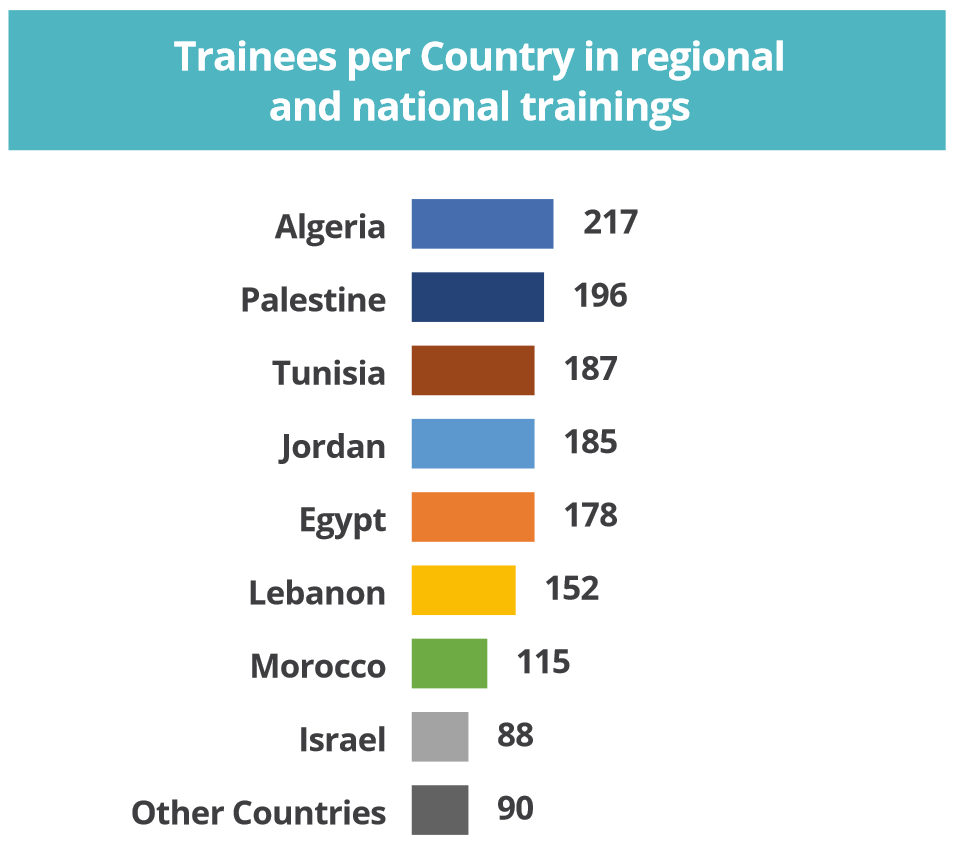
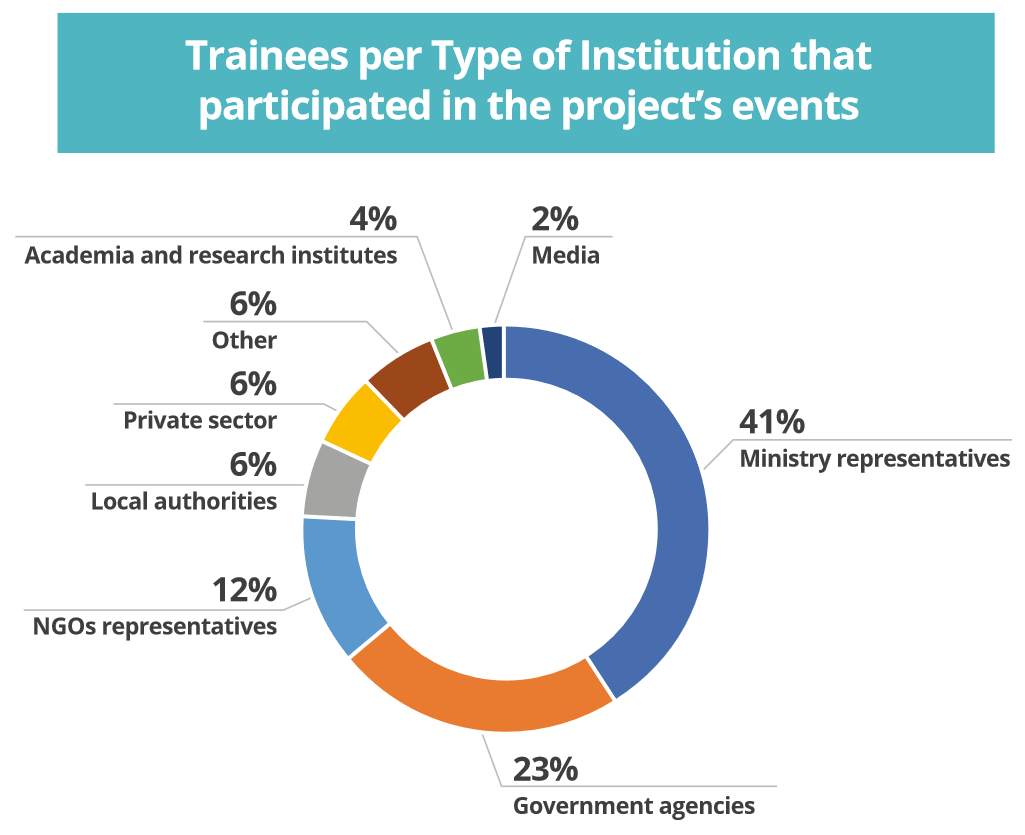 .
.